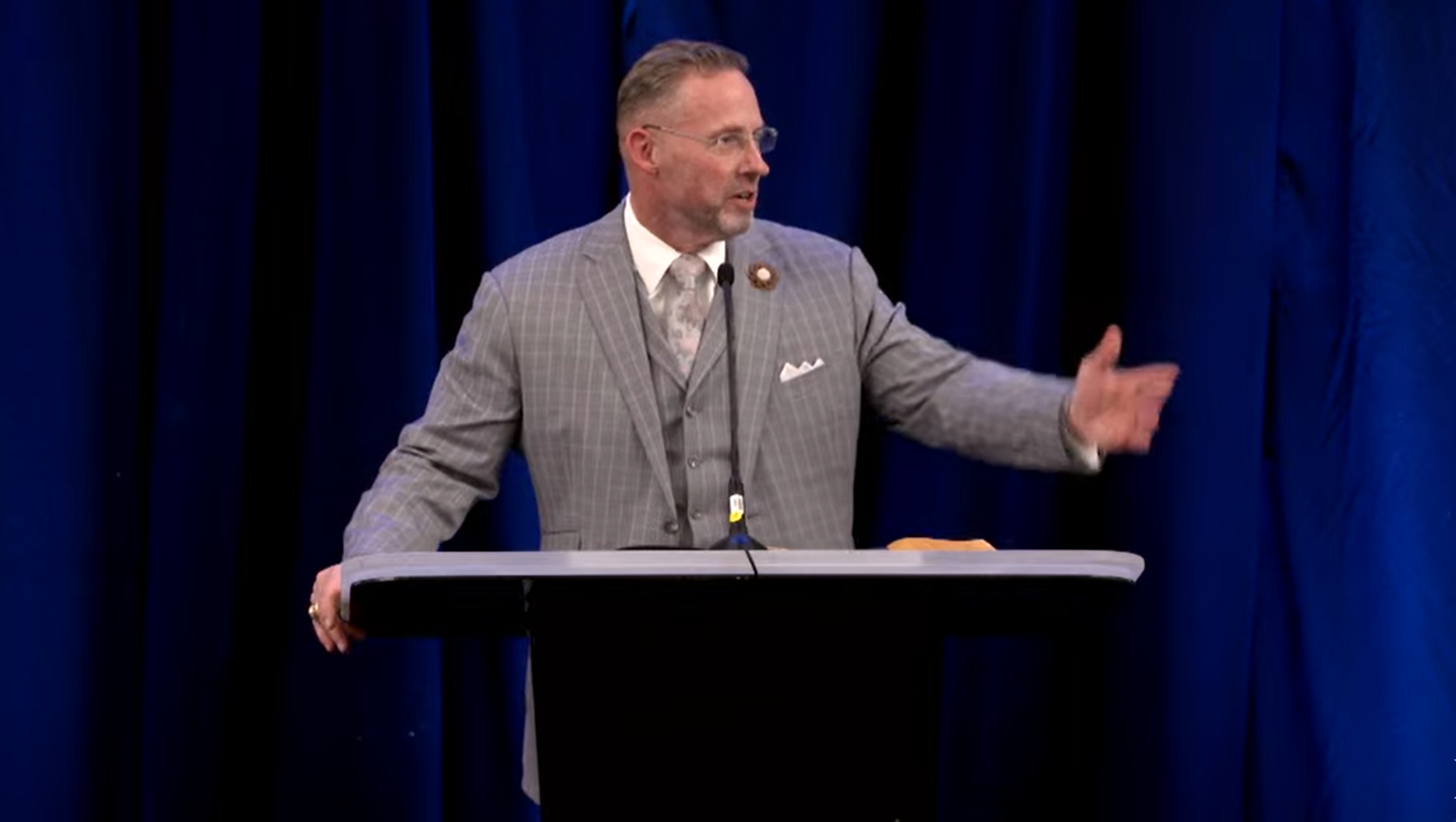FREEDOM PROMISED
Exodus 5:1–4; 6:2–9
I confess that I often make promises that I forget. My failure hurts other people. But God is a promise-keeping God. In our study, we will discover several future promises that God made to His people.
Confronted (5:1–4)
Moses and Aaron approached the pharaoh in the name of the God of the Hebrews and commanded the mightiest ruler in that period to let God’s people go. The purpose of the demand was to allow the Hebrews to worship God in a festival in the wilderness.
Pharoah flippantly demanded, “Who is the Lord that I should obey Him?” He professed ignorance of the Lord and refused to let the Hebrews go. He soon would learn about the power of the God of the Hebrews. Pharaoh thought the request was a trick of the Hebrews to get out of work and perhaps leave Egypt. Moses and Aaron warned Pharaoh that a refusal by him might result in God striking “with plague or sword.”
Moses and Aaron apparently did not know that God would later strike the Egyptians with numerous plagues due to Pharaoh’s refusal to grant permission to leave. What are some things that cause people to reject God’s message or messengers?
Reminded (6:2–5)
God reminded Moses of several important matters. First, God reminded Moses of His identity, that He is the same God who appeared to Abraham, Isaac and Jacob as “God Almighty.”
Second, God reminded Moses that He established a covenant with His people to give them the land of Canaan. The homeland of God’s people was not Egypt.
Third, God heard and knew about the difficult groanings of the Israelites as they performed forced labor as slaves to the Egyptians. How can reflecting on God’s work in the past affect our faith in the present and the future?
Promised (6–9)
God promised to bring the Hebrews out of the land of Egypt in order to bring them into the land promised to Abraham, Isaac and Jacob as a possession. God even figuratively signed His name to this promise — “I am the Lord.” While the Hebrews in their forced labor likely had doubts about ever returning to the land of promise, God had a plan. He would liberate His people from slavery by an outstretched arm and acts of judgment. In the Bible, the arm and hand are symbols of power with a purpose. The phrase “outstretched arm” is used many times in Scripture to refer to the power of God for salvation or divine judgment.
Notice how often the use of descriptive language of God’s actions on behalf of His people occurs. God promises to bring them out of forced labor, rescue them from slavery and redeem them with an outstretched arm and great acts of judgment. He also assures them of His promises, that He will be their God, that they will know that He is the Lord their God who brought them out from the forced labor of the Egyptians and that He will bring them into the land and give it to them as their possession.
Unfortunately, the Hebrews did not listen to the words of Moses because they had broken spirits due to the hard labor.
How does God reveal Himself to His people today?
By Mark Rathel
Pastor of Friendship Baptist Church in DeFuniak Springs, Florida










